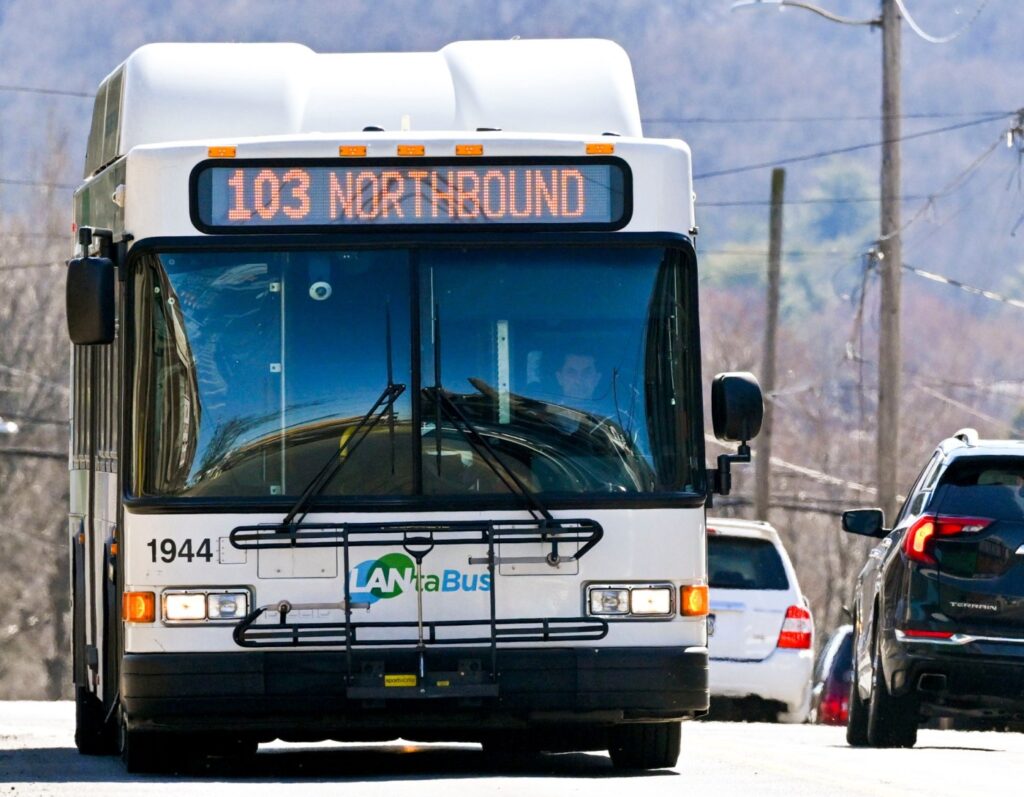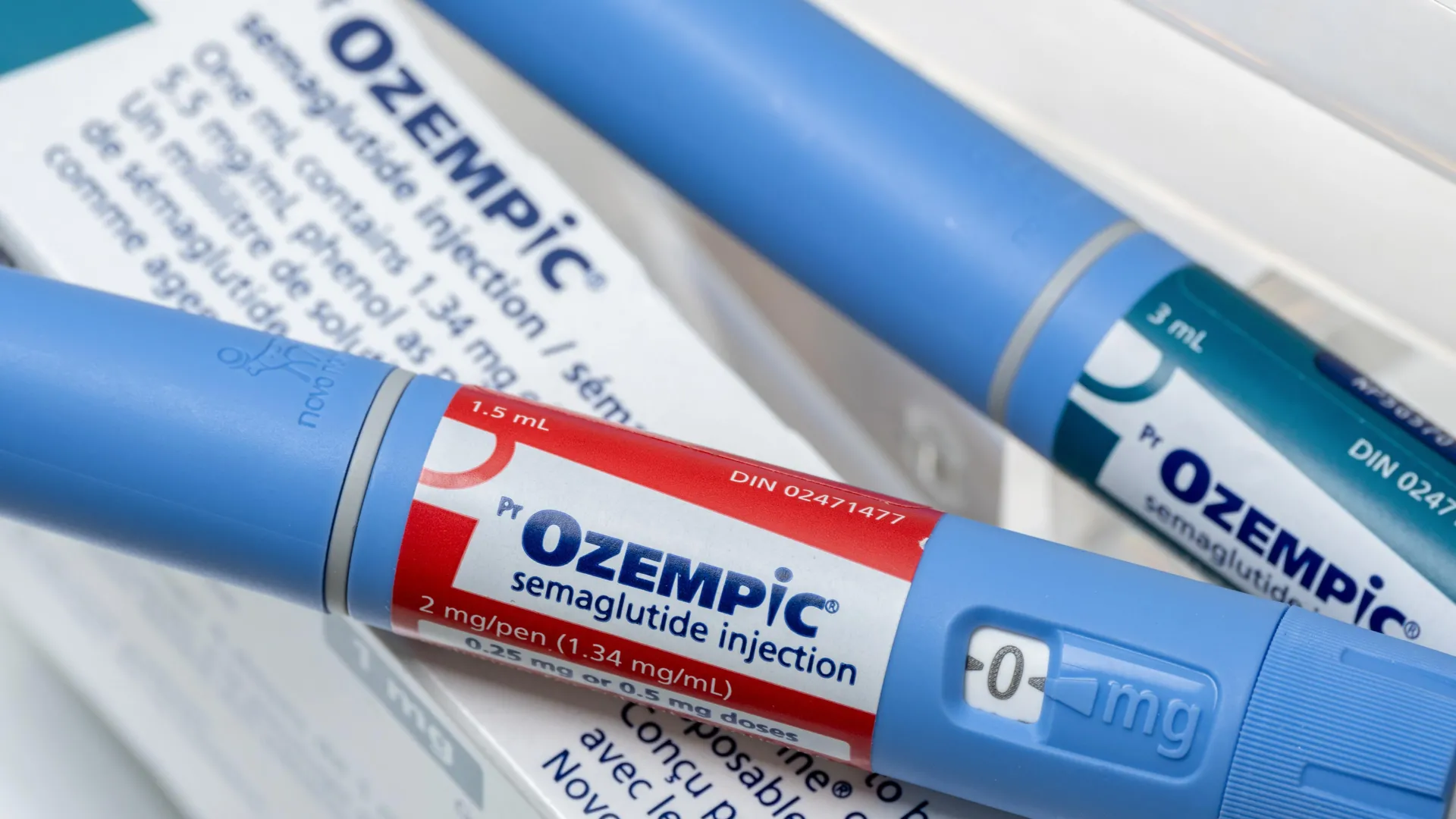
The Lehigh and Northampton Transportation Authority (LANTA) is confronting a challenging future as it considers options for public transit funding. This development follows the Southeastern Pennsylvania Transportation Authority (SEPTA) successfully securing funds to maintain its services amid ongoing budget negotiations in Pennsylvania.
Recently, Governor Josh Shapiro authorized both SEPTA and Pittsburgh Rapid Transit to utilize capital project funds for operational needs. This decision was made to avert service reductions as the state legislature struggles to finalize a budget that includes necessary transit funding. In contrast, LANTA has yet to submit a similar funding request.
LANTA’s Executive Director, Owen O’Neil, stated, “We have reached out to PennDOT to discuss what options are available to LANTA.” He emphasized the authority’s commitment to preparing for all eventualities, which could include significant service reductions beginning in January 2026 if new funding does not materialize.
In May, LANTA unveiled a draft budget for the 2026 fiscal year, commencing on July 1, 2025. This budget anticipates a challenging financial landscape, featuring a proposed 20% service cut and a 25% fare increase for both fixed routes and shared ride services, particularly impacting senior citizens. The draft budget reveals an unfunded deficit of approximately $8 million for the bus system and an additional $3 million for shared ride services.
If implemented, the proposed cuts could lead to substantial reductions in service, including eliminating half of the bus routes after 19:00 daily, reducing Saturday service by half, and cutting Sunday service by 75%. Additionally, service to northern regions of the Lehigh Valley, such as the Slate Belt, Walnutport, and Slatington, could be discontinued entirely.
The proposed budget outlines total operating costs of $66.8 million, reflecting a $2.8 million increase from the previous year. A significant portion of this funding relies on government subsidies, including $9.5 million from federal sources, $36.8 million from the state, and $1.4 million from local governments. LANTA projects revenue exceeding $3.5 million from passenger fares, supported by approximately 4 million passengers annually. Additional revenue streams may include advertising on buses.
The urgency for alternative funding options arises from the ongoing budget stalemate in Pennsylvania, where the Democratic-controlled House of Representatives and the Republican-led Senate, along with Governor Shapiro, have yet to agree on funding provisions for mass transit, particularly for SEPTA.
In a recent statement, Scott A. Sauer, General Manager of SEPTA, acknowledged the short-term nature of the funding solution, saying, “This is not the long-term funding solution we need to address our $213 million budget deficit. However, we have seen the devastating effects of service cuts on our customers. Our riders deserve better, and they deserve stability.”
As discussions continue regarding the future of public transit funding in Pennsylvania, LANTA remains in a precarious position, highlighting the critical need for a sustainable solution to support transit services in the Lehigh Valley.







